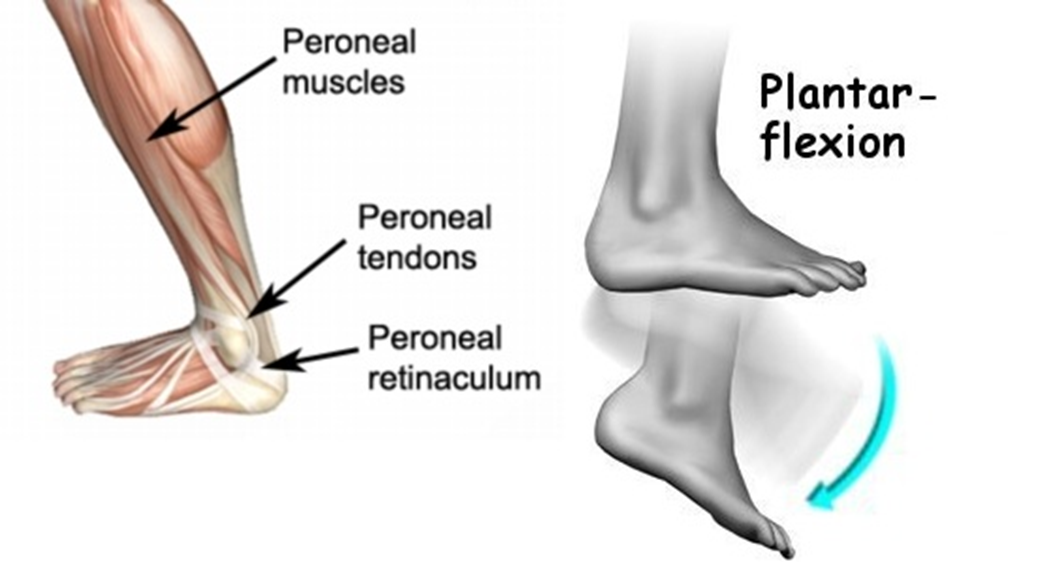Exhibits
You retrieved regular insulin 100 units in 1 ml. How many ml should you administer?
Note
- Enter ONLY the number
- DO NOT enter the unit(s) of measurement
The Correct Answer is ["31"]
Step 1: Calculate the total infusion time in minutes.
8 hours × 60 minutes/hour = 480 minutes
Result at each step = 480 minutes
Step 2: Calculate the total number of drops to be infused.
1,000 mL × 15 drops/mL = 15,000 drops
Result at each step = 15,000 drops
Step 3: Calculate the infusion rate in drops per minute.
15,000 drops ÷ 480 minutes = 31.25 drops/minute
Result at each step = 31.25 drops/minute
Step 4: Round to the nearest whole number if necessary.
31.25 drops/minute rounds to 31 drops/minute
Result at each step = 31 drops/minute
Therefore, the nurse should run the IV infusion at a rate of 31 drops per minute.
Nursing Test Bank
Naxlex Comprehensive Predictor Exams
Related Questions
Correct Answer is A
Explanation
Provide a quiet, low-stimulus environment
Choice A Reason:
Provide a quiet, low-stimulus environment
This is the correct answer. A quiet, low-stimulus environment helps to reduce the metabolic demands on the body and prevent overstimulation, which can trigger a thyroid crisis. Hyperthyroidism increases the body’s metabolic rate, and excessive stimulation can exacerbate symptoms and lead to a crisis. Therefore, creating a calm environment is crucial in managing hyperthyroidism and preventing complications.
Choice B Reason:
Keep the client NPO
Keeping the client NPO (nothing by mouth) is not typically necessary for preventing a thyroid crisis. While it may be required for certain procedures or if the client is experiencing severe symptoms, it is not a standard intervention for hyperthyroidism management. Therefore, this choice is not correct.
Choice C Reason:
Administer aspirin as prescribed for any sign of hyperthermia
Administering aspirin for hyperthermia is not recommended in clients with hyperthyroidism. Aspirin can increase free thyroid hormone levels by displacing thyroid hormones from their binding proteins, potentially worsening hyperthyroidism. Instead, other antipyretics like acetaminophen are preferred. Therefore, this choice is not correct.
Choice D Reason:
Observe the client carefully for signs of hypocalcemia
Observing for signs of hypocalcemia is not directly related to preventing a thyroid crisis. Hypocalcemia is more commonly associated with thyroidectomy or parathyroidectomy rather than hyperthyroidism itself. Therefore, this choice is not correct.
Correct Answer is D
Explanation
Choice A Reason:
Pronation of the hands.
Pronation of the hands is not typically associated with decorticate posturing. Decorticate posturing is characterized by the flexion of the arms and wrists, with the hands often clenched into fists. Pronation refers to the rotation of the hands so that the palms face downward, which is not a feature of decorticate posturing.
Choice B Reason:
Extension of the arms.
Extension of the arms is more characteristic of decerebrate posturing, not decorticate posturing. In decorticate posturing, the arms are flexed and held tightly to the chest, not extended. This flexion is due to damage to the cerebral hemispheres, which affects the corticospinal tract.
Choice C Reason:
External rotation of the lower extremities.
External rotation of the lower extremities is not a typical finding in decorticate posturing. In decorticate posturing, the legs are usually extended and rigid, with the toes pointed. External rotation would indicate a different type of posturing or neurological condition.
Choice D Reason:
Plantar flexion of the legs.
Plantar flexion of the legs is a characteristic finding in decorticate posturing. This involves the toes pointing downward, which is a result of the increased muscle tone and reflexes due to the brain injury. This posture indicates severe damage to the brain, specifically the corticospinal tract.

Whether you are a student looking to ace your exams or a practicing nurse seeking to enhance your expertise , our nursing education contents will empower you with the confidence and competence to make a difference in the lives of patients and become a respected leader in the healthcare field.
Visit Naxlex, invest in your future and unlock endless possibilities with our unparalleled nursing education contents today
Report Wrong Answer on the Current Question
Do you disagree with the answer? If yes, what is your expected answer? Explain.
Kindly be descriptive with the issue you are facing.
